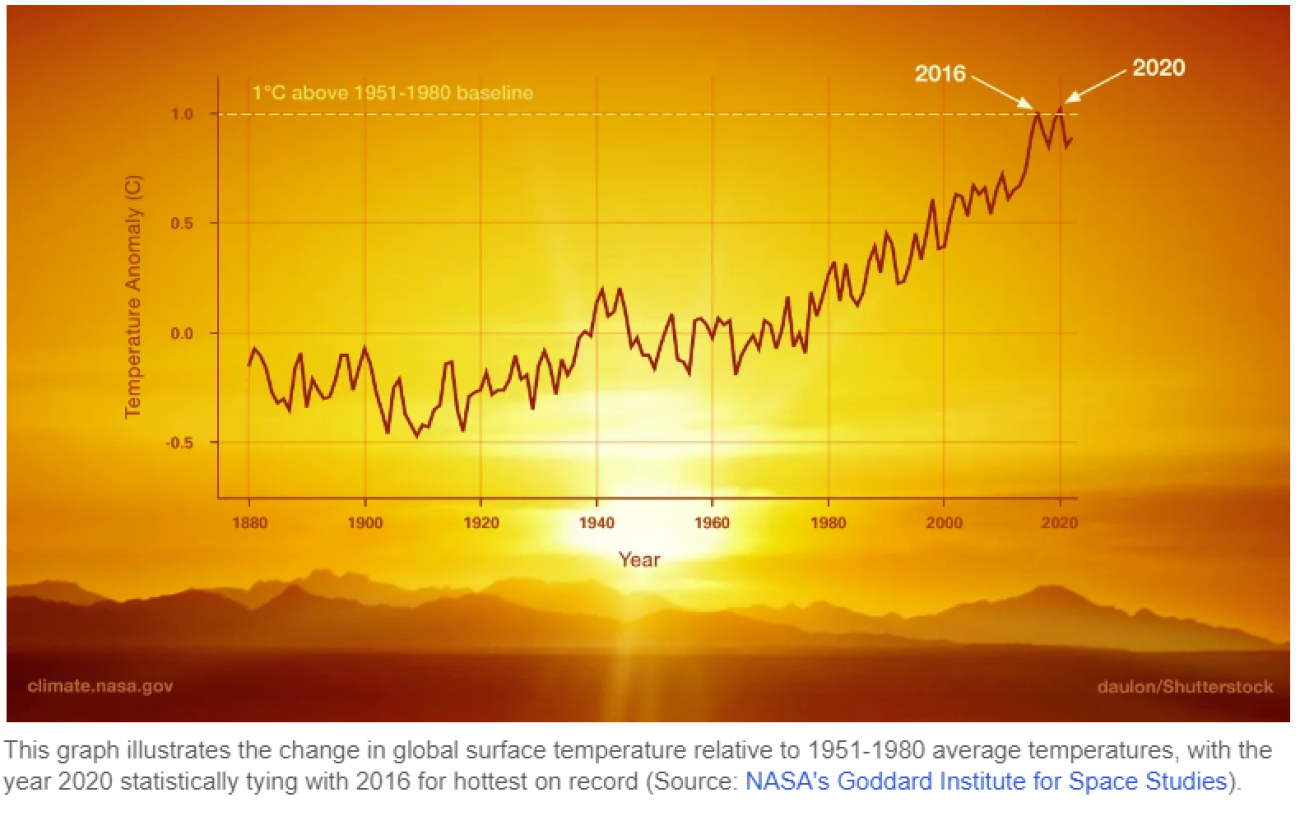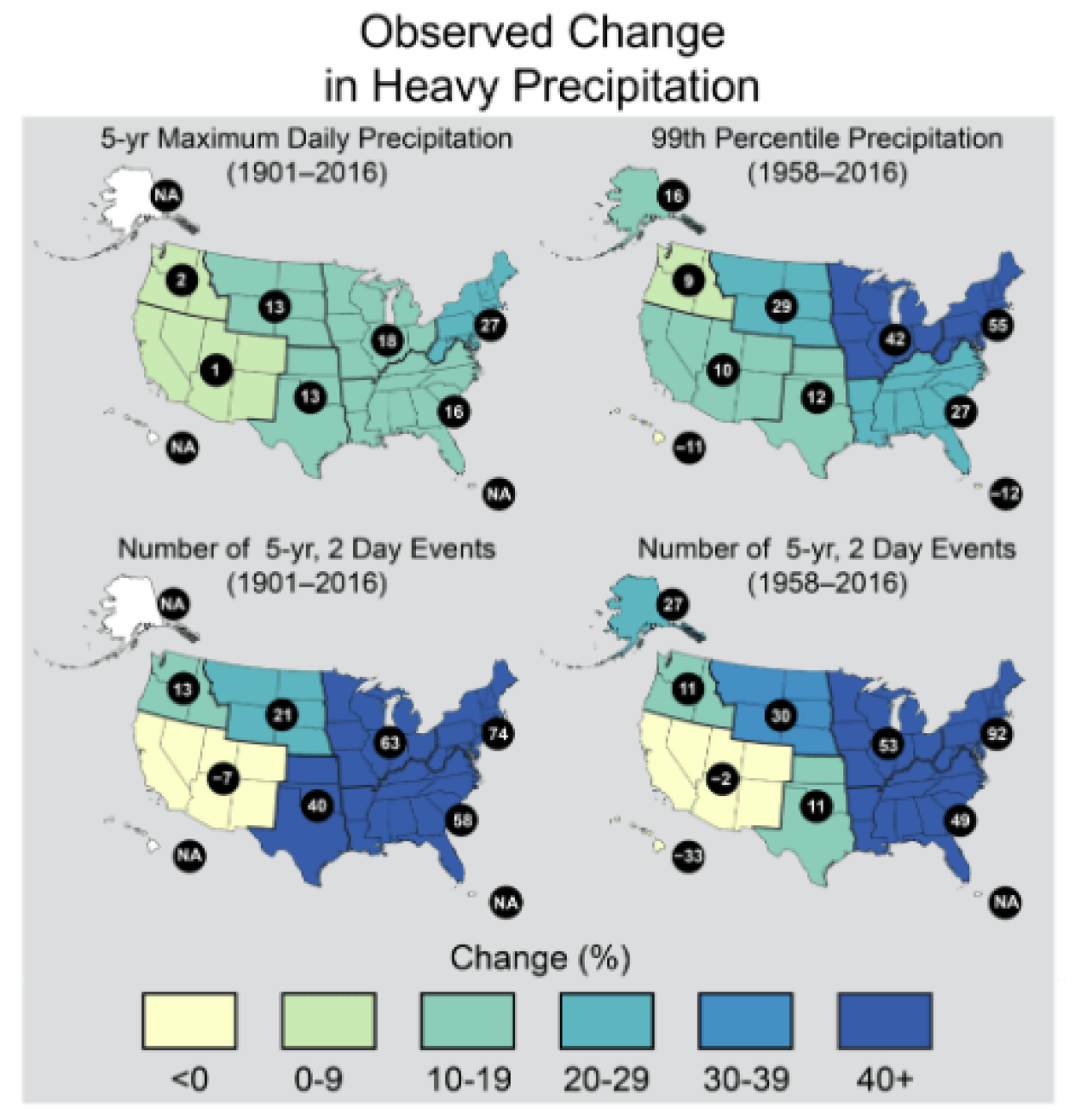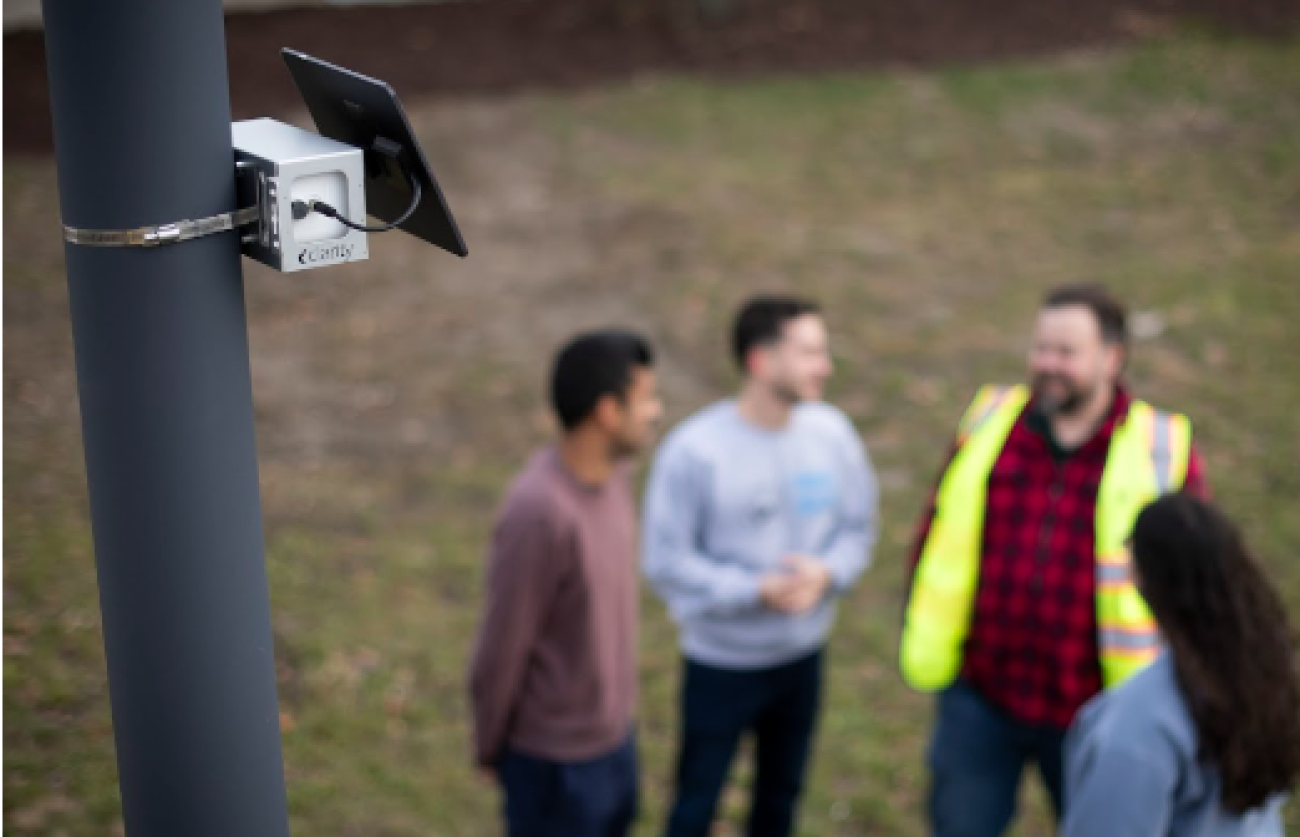
Climate Change and Dearborn
Climate change, or global warming, is the long-term change to typical weather patterns as a result of human activities, like emitting greenhouse gasses (such as carbon dioxide or methane) as a result of using fuels like coal or natural gas. Over the past century, we have seen changes to temperatures, and therefore weather patterns, that cannot be explained by natural phenomena alone (like ocean patterns or changes in the sun’s emissions) but can be explained by how and where humans emit greenhouse gasses. The fact that humans are causing climate change is the scientific consensus, agreed upon by over 90% of climate scientists.
We know that climate change is already making big impacts on the world. But how is it impacting us here in Dearborn? Learn more about how climate change is raising costs, hurting small businesses, and harming public health; or, learn more about our work to tackle climate change and protect environmental health and how you can get involved.
Learn More
Extreme Weather and Flooding
Scientists show that the frequency and intensity of severe storms is increasing–meaning they expect more rain in a shorter period of time. This increases the likelihood of significant flooding like the city experienced in 2014 and 2021 which caused millions of dollars in damage and flooded thousands of homes. Even smaller storms have the potential to cause combined sewer overflows when runoff exceeds sewer system capacity, causing sewage to overflow into the Rouge River. Notably, since Dearborn is the farthest downriver community along the Rouge, any overflows upstream can also impact us. Extreme weather also increases energy rates when utilities pass on the costs of rebuilding destroyed electrical infrastructure to consumers.
Resources:
Higher Premiums
In 2023, 28 extreme weather events, ranging from flooding to wildfires, caused over a billion dollars in damage each in the United States. A range of factors influence home, automobile, and flood insurance rates and not all of them are climate-related–but ultimately, more dangerous storms means more risk and more risk means higher premiums.
Extreme Heat
As temperatures rise, so does the risk of extreme heat. The number of hot nights (defined as temperatures above 68 degrees Fahrenheit) are on the rise in Southeast Michigan, increasing energy costs for those with air conditioning and health risks for those without. Hotter daytime temperatures raise risks for those who work outside and lack access to basic safety strategies like shade, cool water, and regular periods of rest. Researchers found that human-caused climate change made the heat wave that hit Dearborn in June 2024 four times more likely.
Food Prices
Warmer temperatures are hurting agriculture around the world, including in Michigan. Milder winters means fruit trees can blossom earlier but unpredictable spring frosts mean the entire crops can be ruined for the entire season–a phenomenon that northern Michigan’s cherry and apple farmers are experiencing more and more frequently. But much of our food comes from much farther afield, meaning a tornado in Iowa or a drought in California can drive up the prices we pay at the grocery store.
Outdoor Recreation
The hundreds of millions of dollars in revenue and thousands of jobs tied to winter sports like ice fishing, snowmobiling, and skiing depend on snowy winters, which are becoming fewer and farther between, even in the Upper Peninsula. The viability of other outdoor activities, like fishing and hunting, are also at risk as climate change influences migration patterns and habitat ranges.

Air Quality
We know that air pollution causes and worsens a range of health concerns, driving up healthcare costs and hurting economic productivity when workers call in sick or families choose not to spend time outside. Higher temperatures induced by climate change worsen these conditions by speeding up the chemical reactions that produce harmful pollutants like ozone and nitrogen dioxide.
Climate change also makes wildfires, like the 2023 Canadian wildfires that caused smoke to descend across the midwest and northeastern regions of the United States, more likely. In fact, researchers found that those fires–which caused an estimated 100 deaths in Michigan alone–were five times more likely because of climate change.
Sign up for air quality alerts